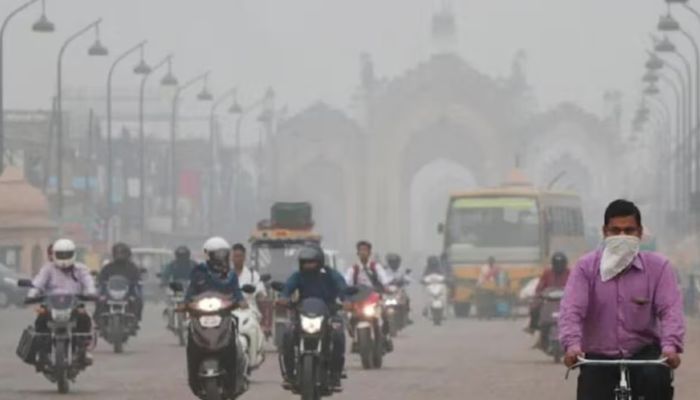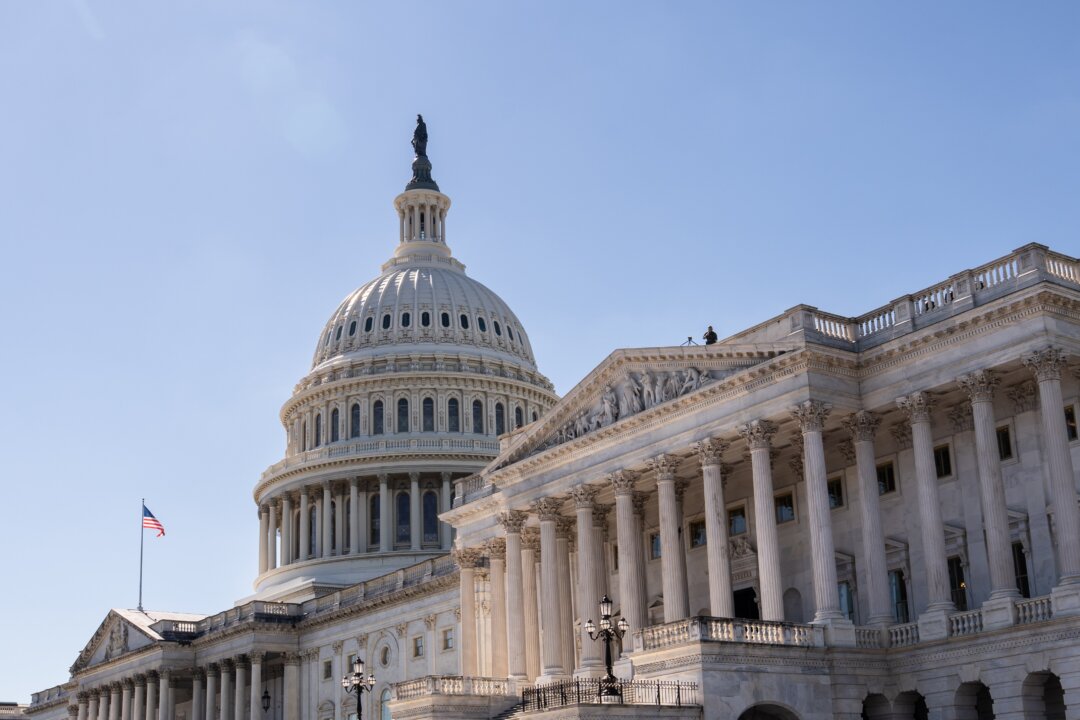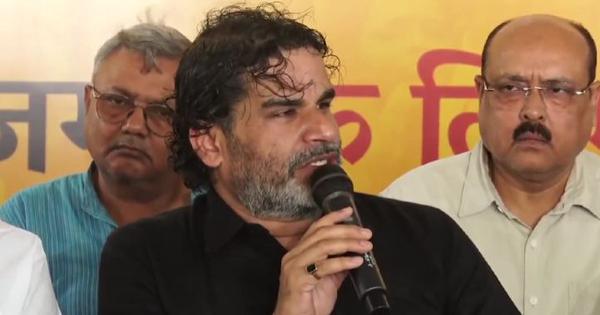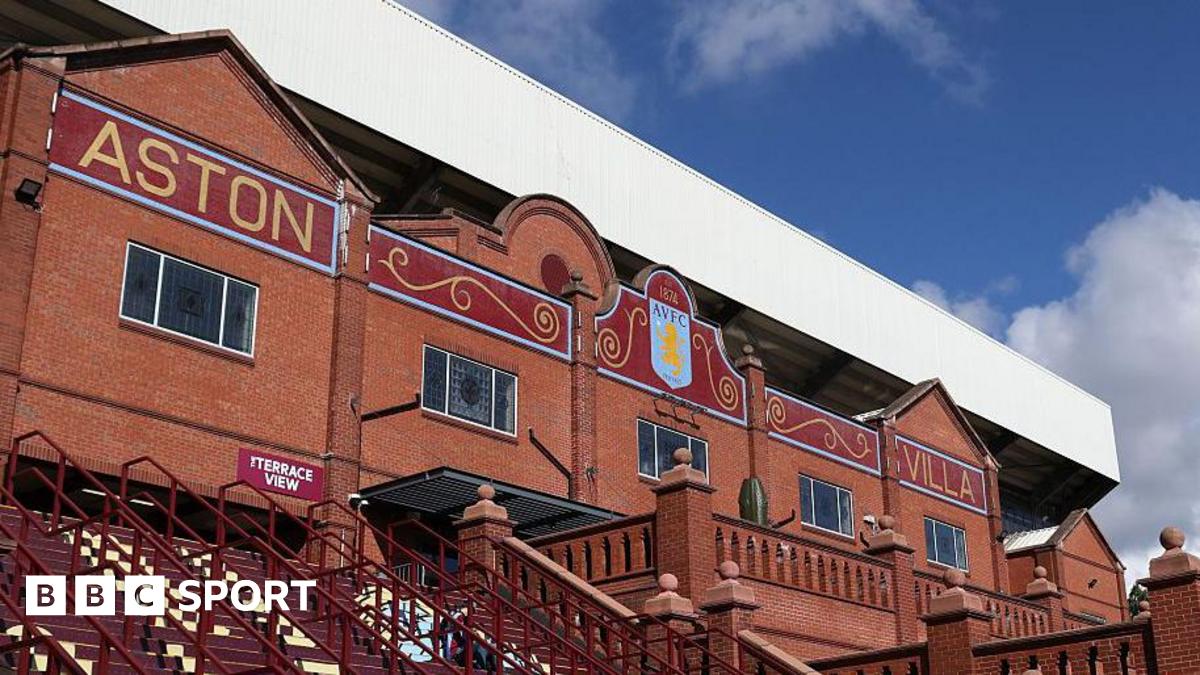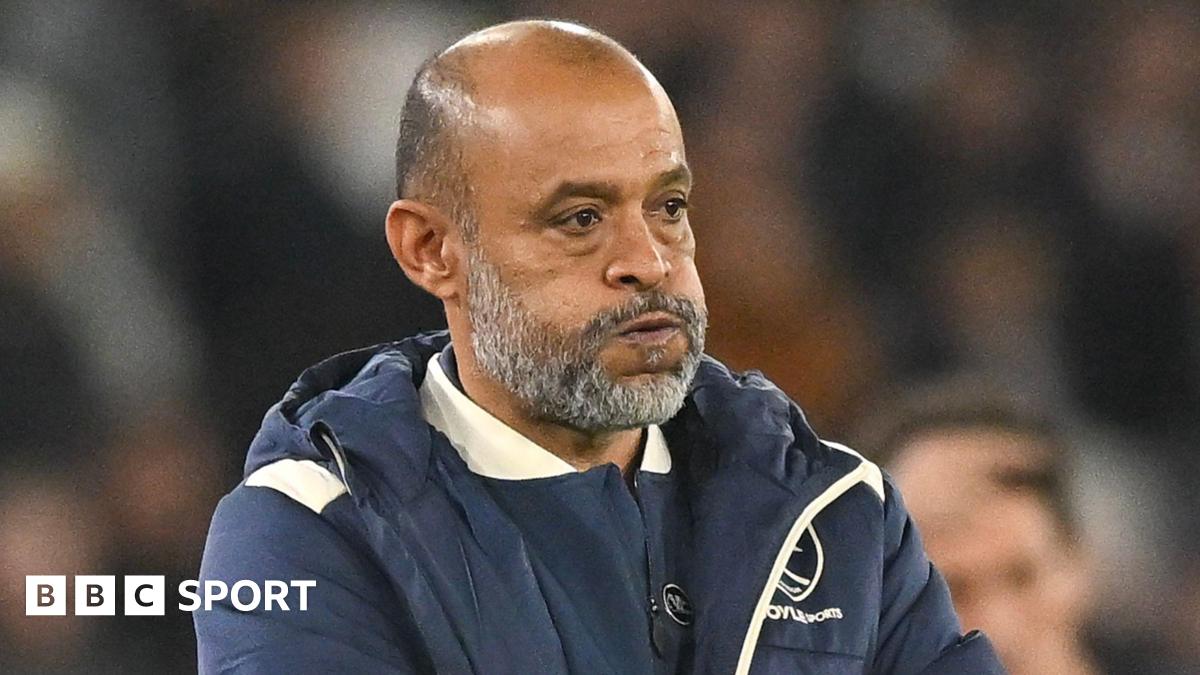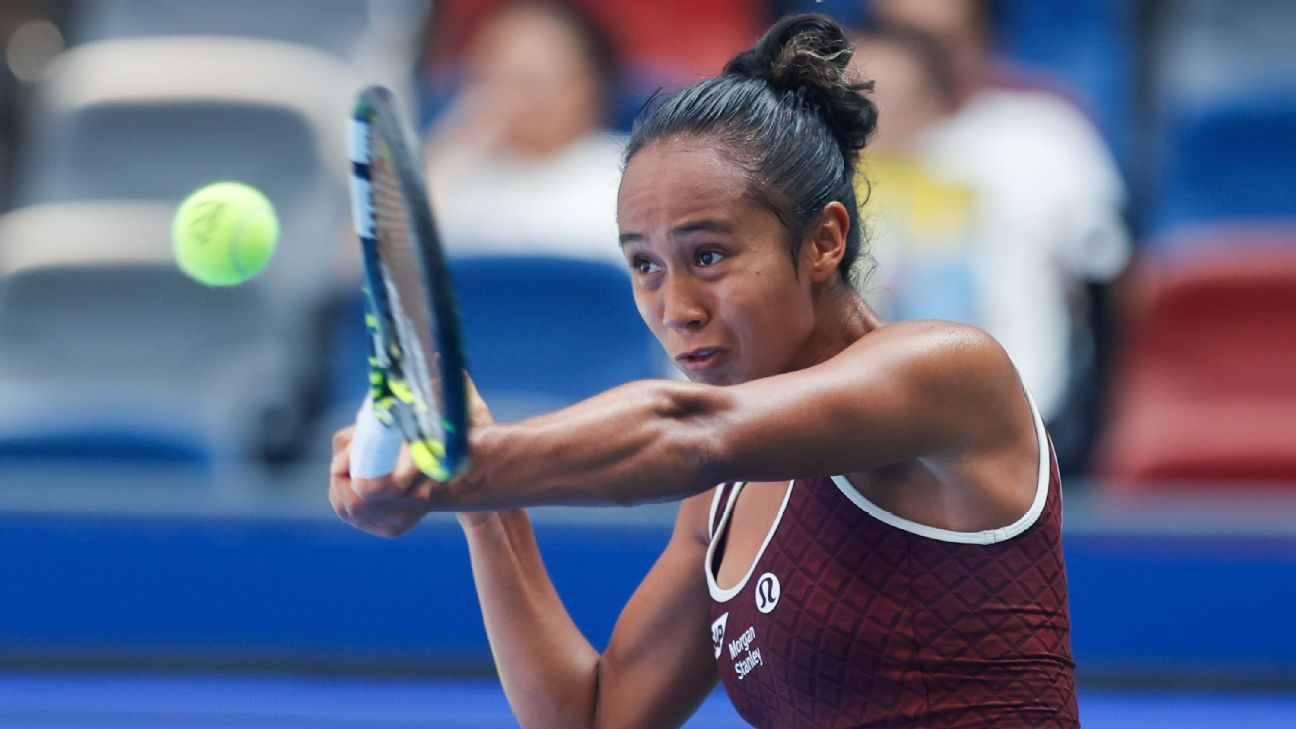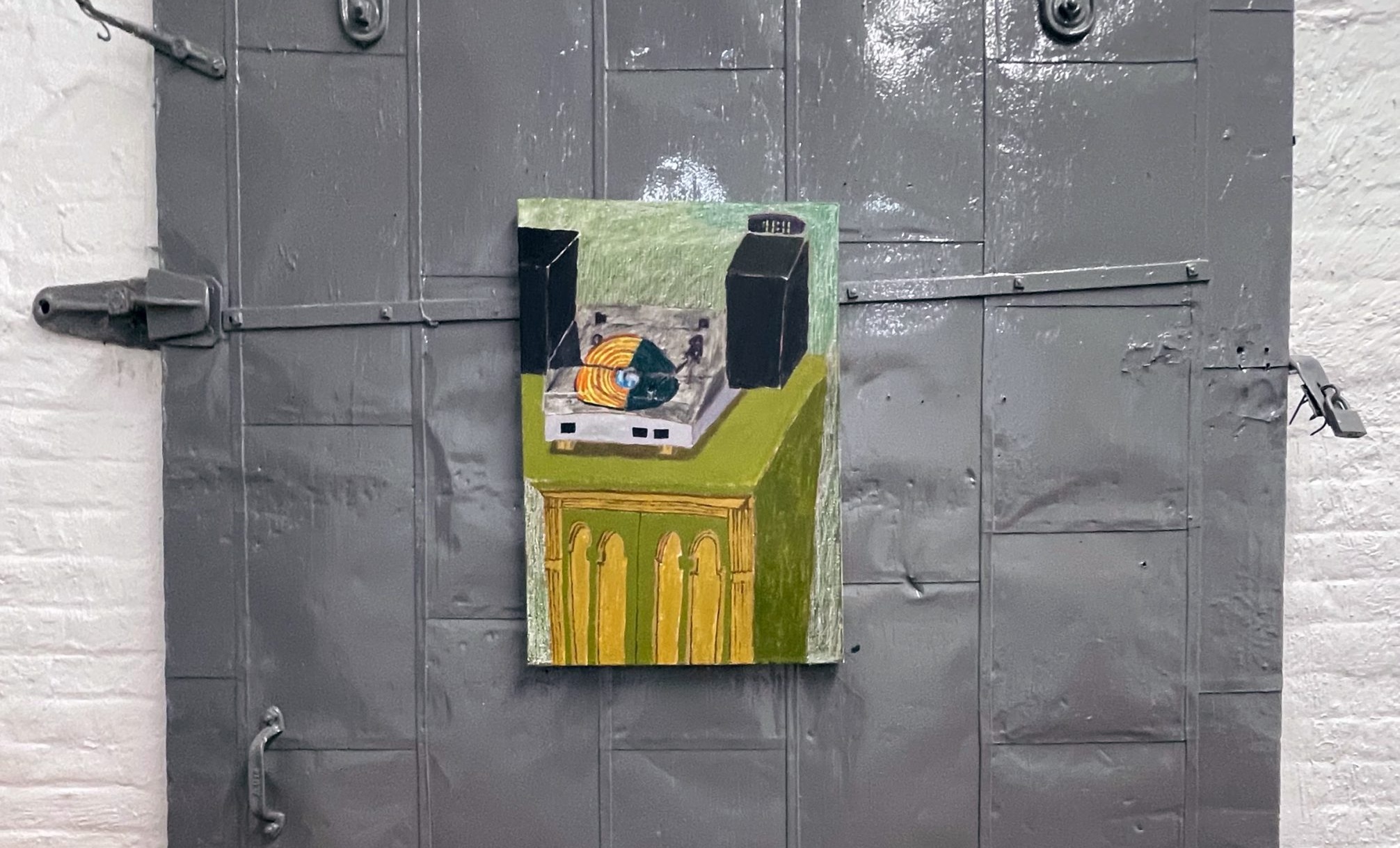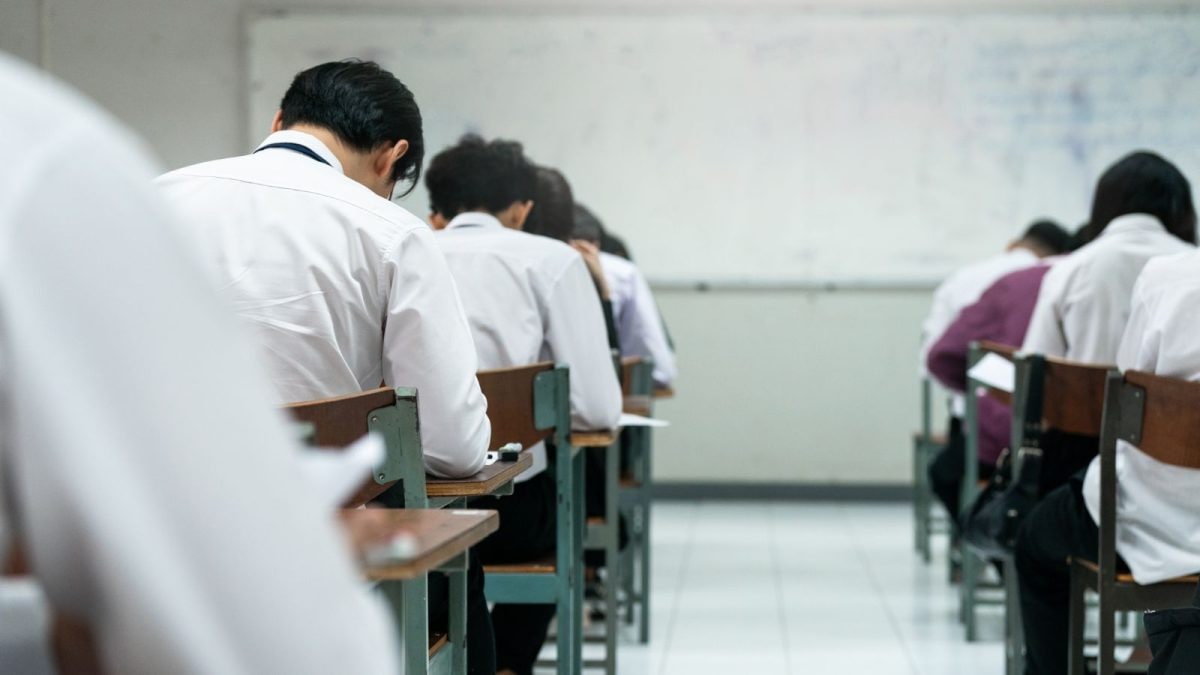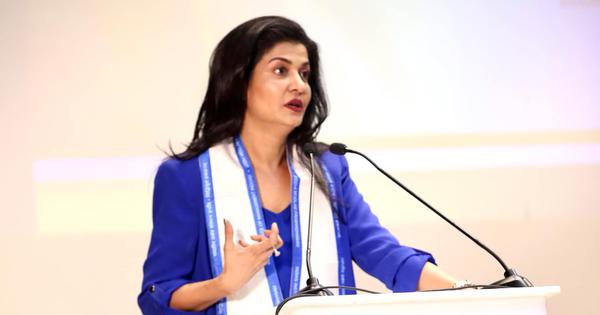Kerala govt does u-turn after crying “saffronisation of education”, joins PM SHRI scheme so it can pay teachers after mounting arrears: What the scheme is, why Kerala had opposed it and the NEP controversy
In a major development, the CPI(M)-led government of Kerala has finally agreed to join the Pradhan Mantri Schools for Rising India (PM SHRI) scheme of the Central Government. PM SHRI is a flagship initiative aimed at upgrading existing schools and strengthening the quality of education across the country. The decision of the Kerala government is a complete reversal from its earlier stand, as it had accused the Centre of attempting to “saffronise” education through the scheme. Kerala’s earlier opposition to PM SHRI For almost a year, the Government of Kerala had refused to sign the memorandum of understanding (MoU) needed to participate in the PM SHRI scheme. The state government claimed that the initiative, which is aligned with the National Education Policy (NEP) 2020, would undermine the state’s autonomy in the education sector. The Chief Minister of Kerala, Pinarayi Vijayan, had termed NEP “a danger to the nation”. Kerala’s Education Minister V Sivankutty alleged that NEP could lead to “central interference” in syllabus design. As a result of the refusal by the state, the Centre decided to withhold Rs 1,000 crore in education funds meant for the state. Kerala and a couple of other states refused to sign the MoU, while the majority of the states and UTs have already signed it. What led to the U-turn On 19th October, Education Minister Sivankutty admitted that the state had no reason to stay away from the scheme meant for national development. He said, “Funds worth Rs 1,466 crore belong to our children. Many of our education-related expenses, including salaries of the teachers and student grants, depend on this support. The Centre’s funds belong to every citizen of the country.” He added that the government would take a “practical approach”. ABVP’s role and student-led pressure Notably, for months, various quarters had been pressuring the state government, including student bodies such as the Akhil Bharatiya Vidyarthi Parishad (ABVP), to join the PM SHRI scheme. ABVP held state-wide campaigns demanding Kerala’s inclusion in the scheme. The student wing of the Bharatiya Janata Party (BJP), ABVP, had been at the forefront of the movement. They argued that the Left government’s ideological resistance was depriving students of central benefits. Its activists had submitted memoranda, organised protests, and even faced attacks during their campaigns. ABVP’s Kerala State Secretary EU Eswaraprasad welcomed the state government’s decision and said, “This is a big victory for students who stood for educational progress. Around 336 schools in Kerala will benefit from PM SHRI, reaching standards comparable to Kendriya Vidyalayas.” The fund freeze and its consequences The Central Government runs an umbrella programme named Samagra Shiksha, under which states and UTs receive education funds that have been linked to the signing of the PM SHRI MoU. Since Kerala, West Bengal and Tamil Nadu were the only states that refused to sign, 2024-25 funds were not allocated to them. On the other hand, states including Madhya Pradesh, Uttar Pradesh, Rajasthan and others received thousands of crores under the same scheme. Centre’s firm stand pays off The Central Government stood firm on its stance that all states must align with the NEP and PM SHRI to ensure uniform national standards. By insisting on compliance before fund release, the Union Government reinforced accountability and avoided politically selective implementation of central schemes. The Centre’s position on the PM SHRI and Samagra Shiksha funding issue was clarified in the Lok Sabha by the Union Education Minister. On 21st July, Dharmendra Pradhan, Education Minister of the Government of India, replied to a question jointly raised by Bapi Haldar and Kodikunnil Suresh regarding state-wise information on funds released, withheld, or delayed under Samagra Shiksha Abhiyan (SSA) and PM SHRI schemes between 2023 and 2025. The MPs also asked about pending proposals for school upgradation in West Bengal’s Mathurapur constituency, the reasons behind the withholding of more than Rs 1,500 crore from the state, and whether such delays had affected teacher training and ICT programmes in Kerala. In a detailed reply, Pradhan underlined that education falls under the Concurrent List of the Constitution of India and that the Centrally Sponsored Schemes (CSS) are implemented jointly with states that must meet certain fiscal and administrative conditions. He added that the release of funds by the Ministry is possible only after states fulfil requirements laid down by the Ministry of Finance, such as matching state share, audited accounts, and up-to-date utilisation certificates. The minister reaffirmed that alignment with NEP 2020 is integral to both the Samagra Shiksha and PM SHRI frameworks. Furthermore, it was clarified that 33 out of 36 states and UTs have already signed the PM SHRI MoU, with West Bengal, Kerala and one more state (Ta
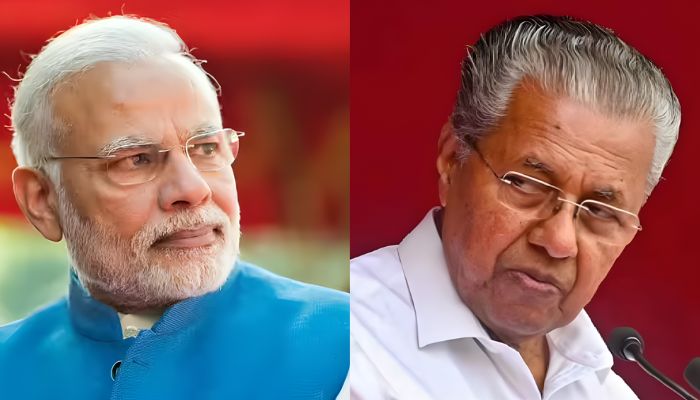


In a major development, the CPI(M)-led government of Kerala has finally agreed to join the Pradhan Mantri Schools for Rising India (PM SHRI) scheme of the Central Government. PM SHRI is a flagship initiative aimed at upgrading existing schools and strengthening the quality of education across the country. The decision of the Kerala government is a complete reversal from its earlier stand, as it had accused the Centre of attempting to “saffronise” education through the scheme.
Kerala’s earlier opposition to PM SHRI
For almost a year, the Government of Kerala had refused to sign the memorandum of understanding (MoU) needed to participate in the PM SHRI scheme. The state government claimed that the initiative, which is aligned with the National Education Policy (NEP) 2020, would undermine the state’s autonomy in the education sector. The Chief Minister of Kerala, Pinarayi Vijayan, had termed NEP “a danger to the nation”. Kerala’s Education Minister V Sivankutty alleged that NEP could lead to “central interference” in syllabus design.
As a result of the refusal by the state, the Centre decided to withhold Rs 1,000 crore in education funds meant for the state. Kerala and a couple of other states refused to sign the MoU, while the majority of the states and UTs have already signed it.
What led to the U-turn
On 19th October, Education Minister Sivankutty admitted that the state had no reason to stay away from the scheme meant for national development. He said, “Funds worth Rs 1,466 crore belong to our children. Many of our education-related expenses, including salaries of the teachers and student grants, depend on this support. The Centre’s funds belong to every citizen of the country.” He added that the government would take a “practical approach”.
ABVP’s role and student-led pressure
Notably, for months, various quarters had been pressuring the state government, including student bodies such as the Akhil Bharatiya Vidyarthi Parishad (ABVP), to join the PM SHRI scheme. ABVP held state-wide campaigns demanding Kerala’s inclusion in the scheme.
The student wing of the Bharatiya Janata Party (BJP), ABVP, had been at the forefront of the movement. They argued that the Left government’s ideological resistance was depriving students of central benefits. Its activists had submitted memoranda, organised protests, and even faced attacks during their campaigns.
ABVP’s Kerala State Secretary EU Eswaraprasad welcomed the state government’s decision and said, “This is a big victory for students who stood for educational progress. Around 336 schools in Kerala will benefit from PM SHRI, reaching standards comparable to Kendriya Vidyalayas.”
The fund freeze and its consequences
The Central Government runs an umbrella programme named Samagra Shiksha, under which states and UTs receive education funds that have been linked to the signing of the PM SHRI MoU. Since Kerala, West Bengal and Tamil Nadu were the only states that refused to sign, 2024-25 funds were not allocated to them. On the other hand, states including Madhya Pradesh, Uttar Pradesh, Rajasthan and others received thousands of crores under the same scheme.
Centre’s firm stand pays off
The Central Government stood firm on its stance that all states must align with the NEP and PM SHRI to ensure uniform national standards. By insisting on compliance before fund release, the Union Government reinforced accountability and avoided politically selective implementation of central schemes.
The Centre’s position on the PM SHRI and Samagra Shiksha funding issue was clarified in the Lok Sabha by the Union Education Minister. On 21st July, Dharmendra Pradhan, Education Minister of the Government of India, replied to a question jointly raised by Bapi Haldar and Kodikunnil Suresh regarding state-wise information on funds released, withheld, or delayed under Samagra Shiksha Abhiyan (SSA) and PM SHRI schemes between 2023 and 2025.
The MPs also asked about pending proposals for school upgradation in West Bengal’s Mathurapur constituency, the reasons behind the withholding of more than Rs 1,500 crore from the state, and whether such delays had affected teacher training and ICT programmes in Kerala.
In a detailed reply, Pradhan underlined that education falls under the Concurrent List of the Constitution of India and that the Centrally Sponsored Schemes (CSS) are implemented jointly with states that must meet certain fiscal and administrative conditions. He added that the release of funds by the Ministry is possible only after states fulfil requirements laid down by the Ministry of Finance, such as matching state share, audited accounts, and up-to-date utilisation certificates.
The minister reaffirmed that alignment with NEP 2020 is integral to both the Samagra Shiksha and PM SHRI frameworks. Furthermore, it was clarified that 33 out of 36 states and UTs have already signed the PM SHRI MoU, with West Bengal, Kerala and one more state (Tamil Nadu) pending.
According to the details provided by the Education Ministry, Kerala received Rs 141.66 crore under Samagra Shiksha in 2023–24 but no allocation was made in 2024-25 as the state had not signed the PM SHRI MoU. Similarly, Tamil Nadu received Rs 1,876 crore in 2023-24 but nothing in 2024-25.
In contrast, states that signed the MoU continued to receive full support. Uttar Pradesh received Rs 6,264.79 crore under SSA and Rs 246.86 crore under PM SHRI, while Madhya Pradesh got Rs 3,434.71 crore under SSA and Rs 145.32 crore under PM SHRI.
He said that the government has repeatedly urged non-signatory states to participate in PM SHRI so that their schools too can serve as models of NEP-driven excellence. Kerala’s decision to sign the MoU therefore reflects a larger acceptance of the idea that development cannot be held hostage to ideological bias.
Political posturing versus practical governance
While CPI leaders such as Binoy Viswam maintained their ideological objections, describing NEP as “reflecting the RSS agenda”, the state government appears to have accepted the practical necessity of cooperation with the Centre. Sivankutty clarified that Kerala would continue to uphold its own educational traditions while availing of central aid.
He stated that the funds would be utilised for essential activities such as textbook printing, exam preparation, student grants, hostel facilities for SC and ST students, and special education initiatives.
Failed attempt at confrontation
Earlier in May, the Kerala government had threatened to take legal action against the Central Government for withholding funds. At that time, the Kerala Government held meetings with the Tamil Nadu government to explore a joint front against NEP. However, the strategy did not yield any results.
Kerala’s earlier claim of already meeting PM SHRI goals
Despite its refusal, Kerala had often boasted of having already implemented key components of PM SHRI, citing the presence of 40,000 smart classrooms with broadband facilities across government and aided schools. Yet, without joining the scheme, the state had no access to central grants for further modernisation or teacher training.
Now, under the new agreement, over 260 to 336 schools in Kerala will be upgraded as PM SHRI model schools, joining 12,400 others across 670 districts in the country.
What is PM SHRI
The Pradhan Mantri Schools for Rising India (PM SHRI) is a flagship education initiative of the Central Government, announced by Finance Minister Nirmala Sitharaman in the Union Budget of 2022. The objective of the scheme is to transform existing government and government-aided schools across the country into model institutions of excellence. A total of 14,500 schools have been targeted under the programme, with at least two schools selected from every block in each district.
These schools are designed to play a leadership role for other government schools, serving as benchmarks of quality education in infrastructure, teaching standards, and learning outcomes. PM SHRI schools will showcase the successful implementation of every key objective outlined in the National Education Policy (NEP) 2020, making them exemplars of the policy in action.
The funding structure is shared, with the Centre contributing 60% and the states bearing 40% of the total expenditure. Each selected school will receive an average of Rs 1 crore annually for five years, aimed at improving physical infrastructure, digital learning facilities, and capacity building for teachers. The overall financial outlay for the scheme is approximately Rs 27,000 crore, making it one of India’s most ambitious education modernisation programmes.





